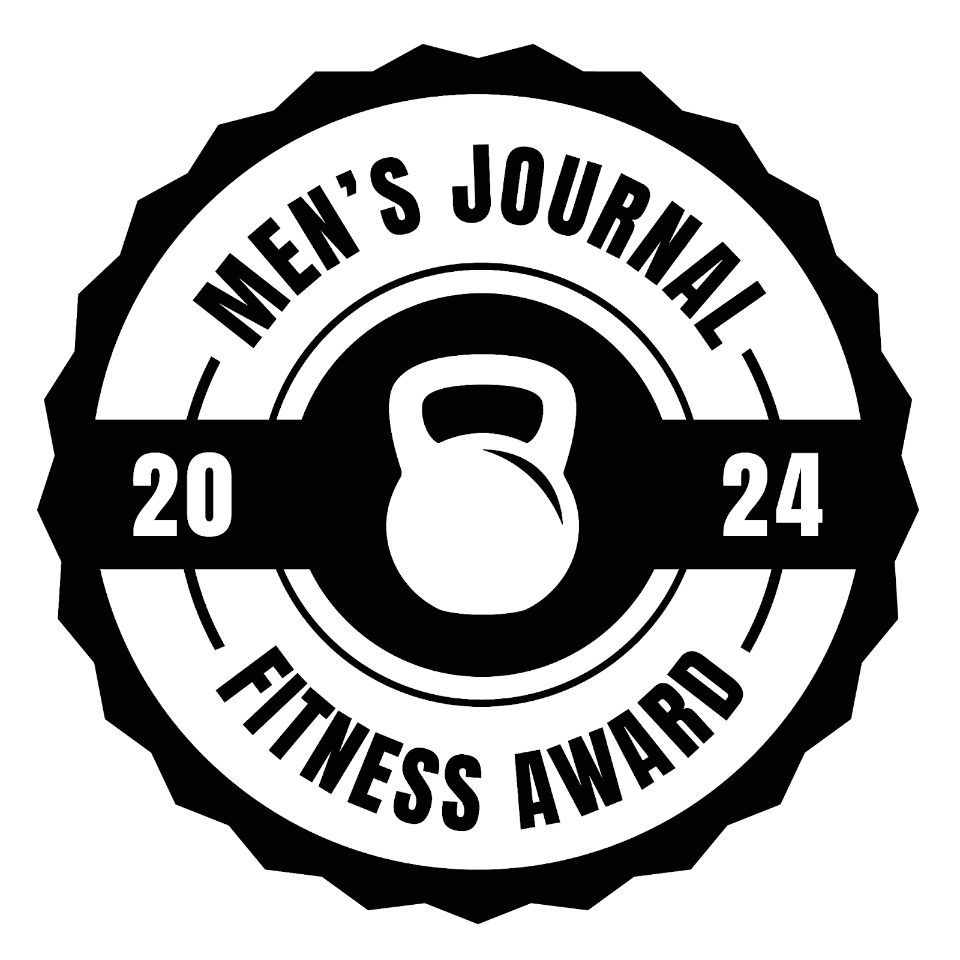Most athletes hyper-focus on training intensity, nutrition, and even sleep. But one critical piece of the performance puzzle often gets overlooked: hydration for recovery. After a hard workout, practice, or competition, post-workout hydration isn’t just about quenching thirst; it’s about repairing muscles, restoring energy, and preparing your body to perform again tomorrow.
When you sweat, you lose more than water. Sodium, potassium, magnesium, and other electrolytes are depleted, leaving your body vulnerable to cramps, fatigue, and slower recovery. Without intentional strategies for rehydration after exercise, athletes risk underperforming in their next session, or worse, running into preventable heat illness or overtraining injuries.
The good news? Athlete recovery hydration can be simple, effective, and even enjoyable. Let’s break down the science, strategies, and tools every athlete should know to recover faster, stay safer, and get back to peak performance.
The Science of Recovery Hydration
-
Fluid balance: Exercise creates a water deficit that must be replaced to restore blood volume, circulation, and cellular function.
-
Electrolyte balance: Electrolytes like sodium, potassium, and magnesium regulate muscle contractions, nerve signaling, and fluid balance. When you sweat, these minerals are lost. If they’re not replaced, you risk fatigue, cramps, and slower recovery.
-
Muscle repair & glycogen replenishment: Proper hydration supports nutrient transport, helping deliver amino acids for muscle repair and glucose for glycogen restoration.
-
Thermoregulation: Rehydration restores the body’s cooling capacity, reducing strain during the next bout of activity.
Research shows that even a 2% body weight loss from dehydration can impair endurance and cognitive function. Recovery isn’t just rest. Muscle recovery hydration is a key part of the process, fueling your body’s ability to adapt and grow stronger after training.
Rehydration After Exercise: Timing & Quantity
When to drink: Research suggests that rehydration after exercise should begin immediately post-workout and continue for several hours. The critical window is the first 2 hours after training.
How much to drink: Sports science guidelines recommend replacing about 150% of fluid lost through sweat within 4–6 hours to fully restore hydration. For example, if you lose 2 pounds (≈1 liter of fluid), aim to drink about 1.5 liters.
Sweat rate considerations:
-
Light sweaters may need less aggressive rehydration.
-
Heavy sweaters or athletes in hot/humid environments need to plan deliberately for higher sodium and fluid intake.
How much water do athletes need after intense training? Here’s a tip: weigh yourself before and after training sessions occasionally to estimate sweat loss. This simple check helps you personalize rehydration instead of guessing.
Electrolytes vs Water for Recovery: Why Athletes Need Both
While water is essential, it isn’t enough on its own after intense exercise. You need electrolytes to replace what sweat takes out and to help your body absorb and retain the fluids you drink. Without them, recovery is incomplete.
-
Sodium is the key electrolyte lost in sweat, and it plays the biggest role in restoring fluid balance and helping the body hold onto water.
-
Potassium, magnesium, zinc, and chloride support muscle function, nerve signaling, and metabolic balance.
Sodium is the cornerstone of recovery hydration, but how efficiently your body absorbs it depends on the presence of glucose. Research into the science behind Oral Rehydration Therapy (ORT) discovered that adding a small amount of glucose activates a hydration shortcut called the sodium-glucose cotransport system. This mechanism pulls sodium (and the water that follows it) across the intestinal wall more quickly, speeding up rehydration.
Where DripDrop Fits
DripDrop is a proven electrolyte formula developed by a humanitarian doctor, built on 60 years of Oral Rehydration Solution (ORS) science. Its low osmolarity and precise balance of sodium electrolytes and glucose help athletes rehydrate quickly after exercise. The result: fast hydration that restores what sweat takes out. That’s why DripDrop is the go-to choice of top pro and collegiate teams, the U.S. military, and first responders.
For athletes searching for an electrolyte recovery drink without sugar, DripDrop Zero delivers fast hydration in a sugar-free formula. With added B vitamins to support energy and overall wellness, it’s a strong option for certain diets, active recovery days, or anyone who wants complete hydration without sugar.
Sports Recovery Hydration Tips: Tools & Tech to Track Progress
Athletes today have more ways than ever to track and optimize their hydration. Adding tech and tools can turn hydration from a guesswork routine into a measurable performance strategy.
-
Wearables: Devices like Whoop and Oura Ring track strain, recovery, and sleep, helping athletes understand hydration needs in context.
-
Fitness trackers: Garmin and Fitbit include hydration logging features to build consistency.
-
Smart bottles: HydrateSpark bottles pair with apps to provide sip-by-sip reminders.
-
Gear guides: Publications like Men’s Health and Runner’s World regularly review recovery tech and hydration trackers, offering athletes credible third-party recommendations.
These tools not only keep you accountable, they also give coaches, trainers, and athletes practical ways to track and improve recovery.
Post-Workout Recovery Checklist for Athletes and Coaches
For athletes training in groups, recovery goes beyond individual needs—it’s a safety priority. Coaches, trainers, and event organizers should consider structured hydration protocols:
-
Post-practice hydration stations with electrolyte-rich drinks.
-
Weigh-in/weigh-out policies for high-risk sports like football or wrestling.
-
Recovery checklists that remind athletes to rehydrate before leaving the field.
-
Education sessions so athletes know the signs of dehydration and heat illness.
These team-level practices don’t just protect performance; they reduce preventable risks, build resilience, and foster a culture of health.
Recover Strong: Fast, Proven Hydration for Athletes
Recovery is where training gains take hold, and proper hydration is the key that makes it possible. Without enough fluids and electrolytes, muscles don’t repair efficiently, glycogen isn’t restored, and fatigue carries into your next session.
For athletes serious about recovery and wondering how to rehydrate quickly after exercise, DripDrop delivers proven, fast hydration with the electrolytes, vitamins, and minerals your body needs. With great taste and the right science, it’s the best recovery drink after a workout for athletes who want performance without compromise.














